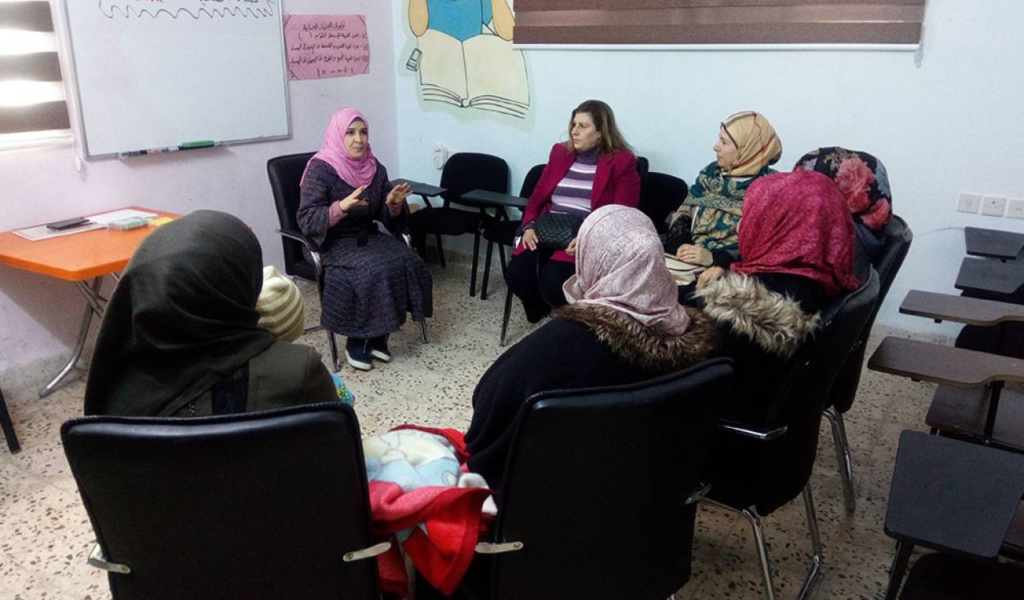Youth Emotional Health in the Arab World: Addressing the Unique Challenges

Photo Credit: Art of Living
By: Joanna Sawtari / Arab America Contributing Writer
Introduction
As the academic year approaches and summer come to a close end, there are a plethora of feelings that all students are battling with their emotional health. While some educational institutions provide resources to support students facing difficulties during this transitional period, others do not. What factors contribute to the alarming decline in young people’s emotional well-being during this time, and how does this situation vary for Arab youth?
Sources of Stress
Every person has different stress triggers. Whether it’s an upcoming interview or a sports game, these situations can evoke a range of emotional and physiological responses. Understanding and managing stress is crucial for maintaining overall well-being and performance in various aspects of life.
At this time of year, stress is primarily triggered due to school/work-life. This stress can negatively impact a person’s entire well-being and cause their grades to plummet along with their social life.

Photo Credits: News Medical
How Is This Different in the Arab World?
Arabs typically come to the US seeking opportunities and success. This leads to an emphasis on education in most Arab households, encouraging children to dedicate their time to schoolwork and academic achievement. In many cases, children are put on a pedestal and are expected to perform well in all aspects of life, from excelling in school to partaking in extracurriculars.
Over time, Arab children experience burnout and come to recognize the unattainable nature of the goals they set. Fearing disappointment from their parents and family members, they persist in pursuing perfection, disregarding the detrimental effects it has on their mental state.
So, How Does One Cope?
Emotional well-being is typically linked to religion in the Arab world. Activities such as religious involvement and maintaining a good relationship with God are the primary means of becoming healthier due to Arab culture.
Therapy in Arab countries is a gradually evolving field. It is a rarity to access therapeutic programs, so Arabs try to take a Non-Western approach to better their well-being. Art therapy is widely known amongst the younger generation, where teens take up drawing and painting to express how they feel.
Many Arab-American teens feel comfortable discussing their feelings with family members. Siblings communicate and advise one another on ways to feel better. Daughters and their mothers are commonly very close to each other, so daughters look to their mothers for advice.

Group Therapy: ACCT
There Is Always A Way Out
As therapy and resources are slowly becoming accessible, emotional health has become less stigmatized in Arab culture. There has been a clear understanding that it is normal to experience negative emotions and perfectly fine to seek support from others for comfort when needed.
Allowing children to express their feelings and voice their opinions is what leads to success in the long-run. It is highly important to seek help and ask questions- especially at this time of year.
Check out Arab America’s blog here!








